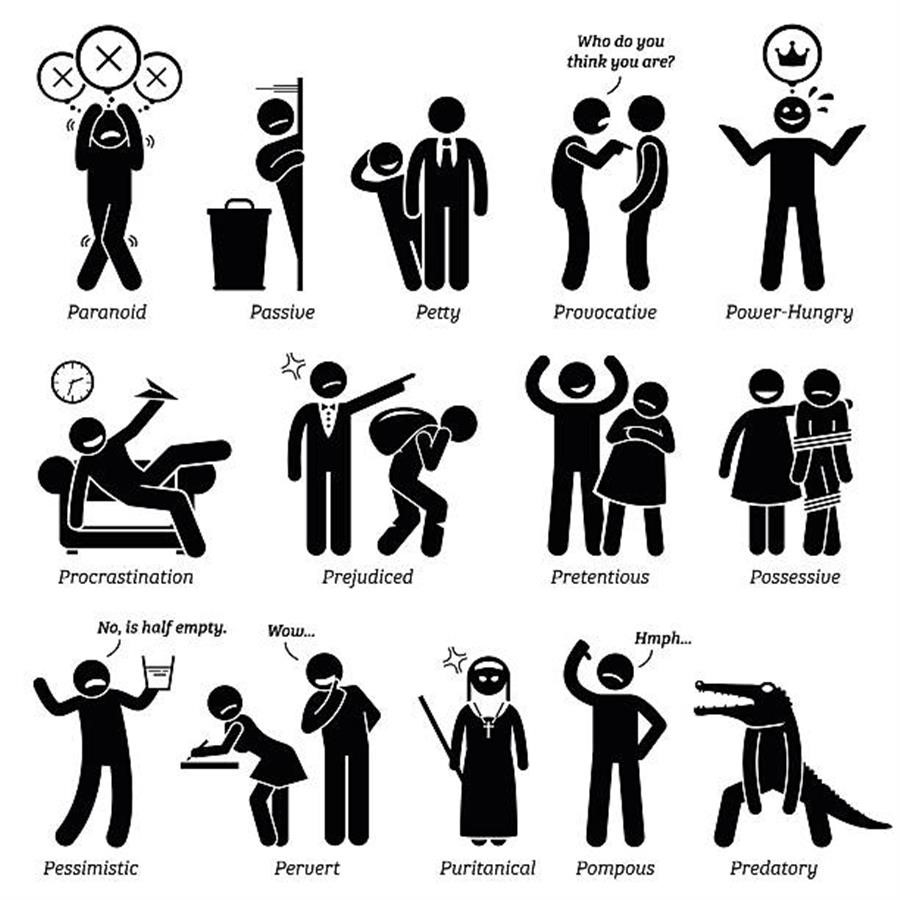Child-focused issues related to different kinds of custody/access arrangements
When no violence, shared decision making and shared parenting can work to benefit children in the following ways:
- children benefit from ongoing, regular relationship with both parents
- reduces potential for feelings of abandonment by one parent, for which children often blame themselves
- may help children adjust with separation/divorce and minimize accompanying losses
- potentially broaden support system
However, even without violence and despite parents’ efforts, children experience a range of challenges when their parents separate/divorce, including:
- a range of feelings, including sadness, loss, rejection, generalized or targeted anger, guilt, and wishes for family reconciliation
- relief that the arguing and/or tension is reduced
- disruptions to routines
- compromised sense of security
- interruptions in peer and recreational activities, especially if distance between parental homes
- feeling and/or being “caught in the middle” within immediate and extended family, as well as with social network of parents/family
Problems for children when violence is present:
- children’s adjustment post divorce has been linked to the pre-divorce relationship of parents and this has implications for children who were living with violence
- range of typical feelings may be intensifies
- may be used by abusive partner in his efforts to continue to control and dominate their mother
- children may act out feelings (e.g., anger) related to violence now that it is safe to do so
- may experience difficulties relating to mother, respecting mother, and responding to her as a parental authority for a variety of reasons, including abusive parent’s undermining of mother’s parenting, abusive parent’s disrespect and devaluing of mother as a person, absence of “fear” as compliance mechanism
- risks to child and mother’s safety may diminish, stay the same, or increase depending on the abusive parent’s response to separation/divorce
- children’s need for attention and parenting may continue to be compromised as mother focuses on survival issues (safety, resources), court processes, etc.



